Some people think tinnitus is just a minor issue. But the first time I saw a patient who had both diabetes and tinnitus, I realized it can be far more complex than most imagine.
The patient was a retired teacher in his 60s who had been living with type 2 diabetes for years. When he walked into my clinic, he looked exhausted and told me, "There's this constant buzzing in my ears, especially at night. And lately, I've been feeling a bit dizzy too." That immediately raised a red flag: diabetes and tinnitus, type 2 diabetes tinnitus and dizziness — these symptoms are often interconnected.
If you or someone you know is going through something similar, I hope this article provides helpful insights and practical advice.
🚀 Navigate This Post
You may also be interested in:
- Can Hearing Loss Be Reversed? Tricks to Get Better Hearing
- How to Improve Hearing Naturally: Techniques That Really Work
- Why Do I Hear Crackling in My Ear? The Answer Might Surprise You!
Part 1: The Link Between Diabetes and Tinnitus You Need to Know
In clinical practice, we're seeing more and more cases where tinnitus and diabetes show up together. Diabetes — especially type 2 diabetes — affects blood circulation and the nervous system, both of which are crucial to hearing health.
1. The Subtle Relationship Between Blood Sugar and Your Hearing
According to the report, when blood sugar levels are chronically unstable, the tiny blood vessels in your body — including those supplying the cochlea in your ear — can become damaged. This can lead to tinnitus, and even hearing loss.

2. Why Tinnitus and Dizziness Often Occur Together in Diabetics
Type 2 diabetes tinnitus and dizziness is a common combination. Diabetes doesn't just affect blood vessels — it can impair the vestibular system, which plays a role in balance.
In such cases, understanding the relationship between tinnitus and hearing loss is also crucial, as it helps determine whether the tinnitus is temporary or progressing toward permanent hearing damage.
Part 2: Is Tinnitus Your Body's Warning Signal?
Some patients say their tinnitus appeared suddenly, while others only noticed it after years of living with diabetes.
1. Different Types of Tinnitus: High-Frequency, Low-Frequency, Constant, or Intermittent?
Each type may suggest a different underlying issue. High-frequency tinnitus is often linked to nerve degeneration, while low-frequency tinnitus may point to abnormal ear pressure.
I recommend keeping a journal to track when tinnitus occurs — for instance, does it worsen when your blood sugar spikes or after physical activity? This can be incredibly helpful for diagnosis.
2. Is Tinnitus Harder to Treat for Diabetic Patients?
Unfortunately, yes — the combination of tinnitus and diabetes type 2 can make tinnitus more persistent. That's because diabetes-related nerve and vascular damage tends to be long-term and widespread.
But don't lose hope. Many people find significant relief through proper blood sugar control, using hearing aids, and adopting healthier lifestyle habits.
Part 3: Can Lifestyle Changes Ease Tinnitus?
Many people ask me, "Is there anything besides medication that can help with tinnitus?" The answer is a definite yes.
1. Blood Sugar Control: Your Most Fundamental Preventive Tool
This is the first and most crucial step. Monitor your blood sugar regularly, manage your carbohydrate intake wisely, and reduce refined sugars.
2. Improve Sleep and Reduce Stress
Chronic insomnia and stress can worsen tinnitus. For people with diabetes, stress doesn't just affect blood sugar — it can also amplify tinnitus.
I recommend trying meditation, warm foot soaks, or relaxing music before bed — simple routines that can make a difference.
Part 4: How Can Hearing Aids Help Tinnitus in Diabetic Patients?
Many patients believe there's no solution and just try to live with it. But hearing aids can provide tremendous relief.
1. The Principle of Masking Noise: Reducing Tinnitus Perception
Modern hearing aids often include tinnitus-masking features, playing low-frequency white noise to make the tinnitus less noticeable.
I once referred a retired engineer with diabetes to read this blog: hearing aids can help with tinnitus. He immediately booked a trial and later told me, "It finally feels quiet again."
2 Restoring Communication and Confidence
Beyond masking tinnitus, hearing aids help diabetic patients with hearing loss reconnect with conversations — a huge boost to quality of life.
If you're searching for the best otc hearing aids, it's worth exploring some of the most trusted options on the market.

Part 5: Self-Assessment and Your Next Steps
We often overlook the signals our bodies are sending until symptoms interfere with our daily lives.
1. Self-Check: Could You Be Dealing with Tinnitus?
-
Do you often hear a buzzing or ringing in your ears?
-
Is it more noticeable in quiet settings?
-
Is it accompanied by dizziness or fatigue?
-
Do you have a history of diabetes?
If you answered "yes" to any of these, it's time to consult a hearing professional.
2. What You Can Do Next?
-
Regularly monitor your blood sugar and hearing health
-
Adjust your diet and daily routine
-
Explore hearing aid options that suit your needs
You don't have to suffer through tinnitus and dizziness alone. With the right tools and strategies, you can regain peace and confidence in your life.
The connection between tinnitus and diabetes is stronger than most people think. If you're wondering why the ringing won't stop even though your blood sugar is under control, it might be time to focus on your hearing health.
I hope this article offers new perspectives and hope.

Diamond X1 - Best Hearing Aids with Bluetooth
Newcomer Price
$249.99 $309.99
- ✔ Adaptive sound modes for clear hearing.
- ✔ Bluetooth for calls & streaming.
- ✔ App-controlled, customizable adjustments.
- ✔ Rechargeable & fast charging.
- ✔ Ideal for mild to moderate hearing loss.
For more support, feel free to browse our hearing health resources or check out Cearvol hearing aids — it could be your first step toward tinnitus relief.

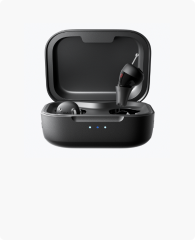
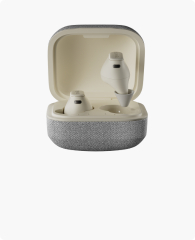
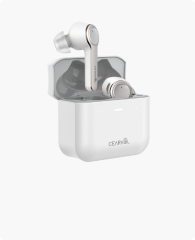

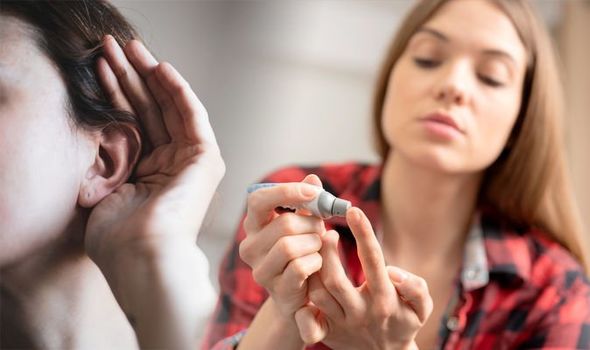
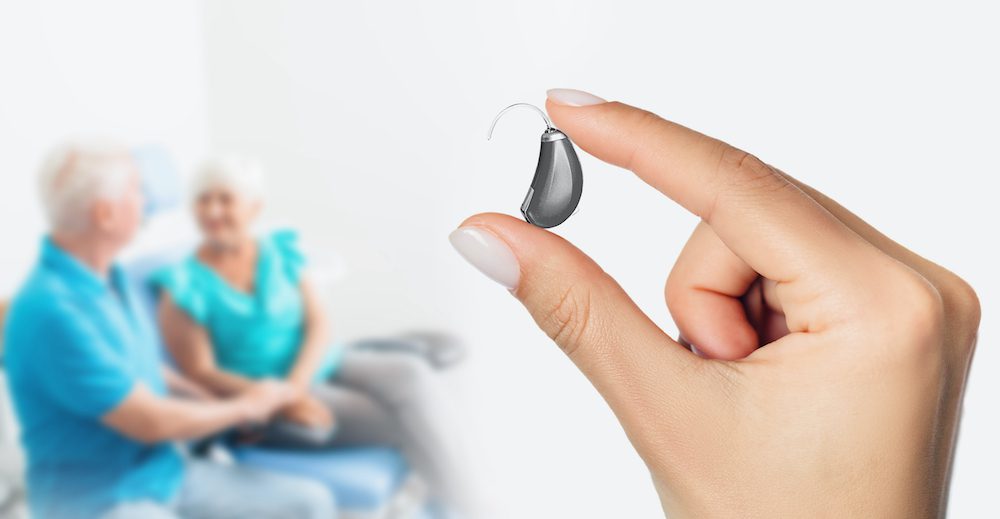
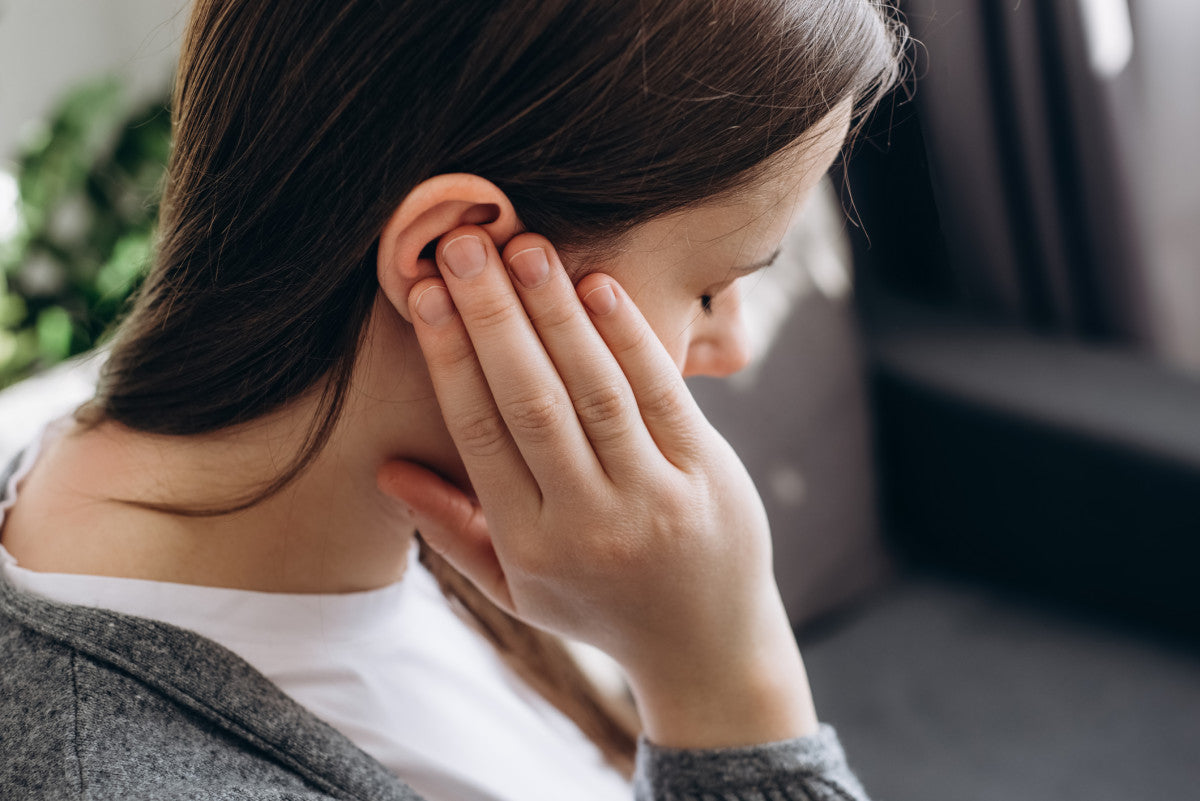
Leave a comment
All comments are moderated before being published.
This site is protected by hCaptcha and the hCaptcha Privacy Policy and Terms of Service apply.